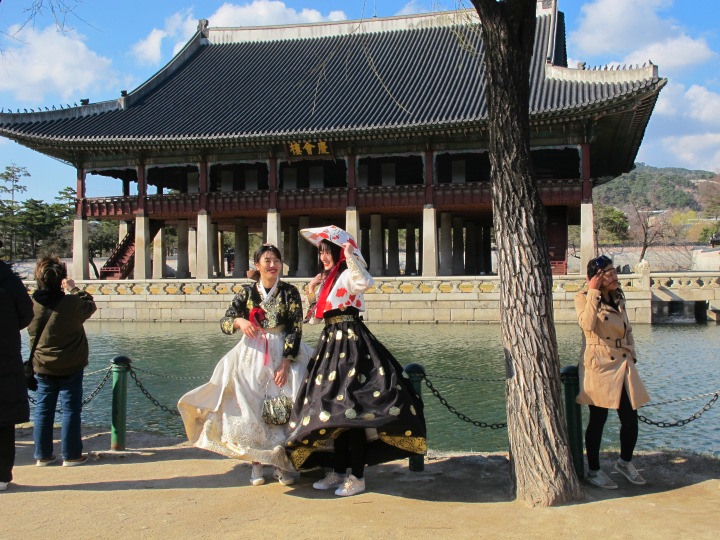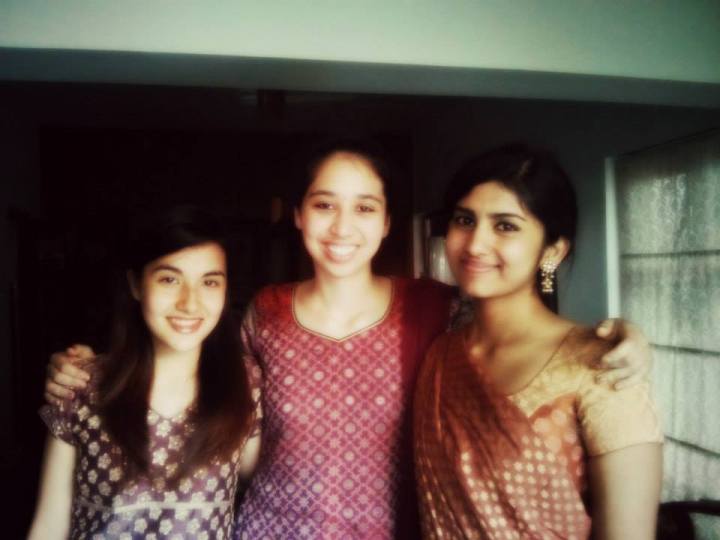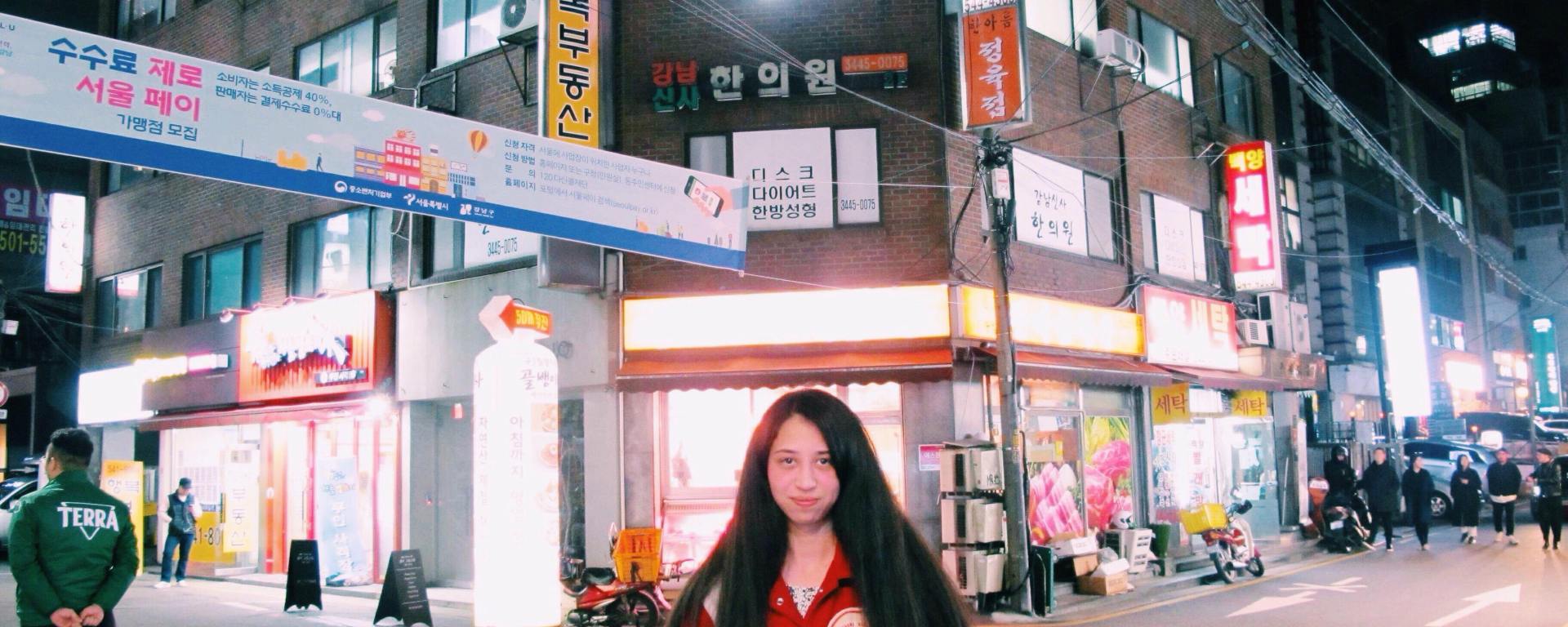“Do you want a bindi?”
The girl who asks me blinks with her synthetic rainbow falsies. I’m at a tapas bar in England, shimmying to reggaeton beneath a canopy of upside-down sombreros.
“Sure!” I shout back.
The girl—a white English girl—untacks a gemstone from her paper and presses it against my forehead. There. A bindi.
Looking back, I wonder now: did she know what a bindi symbolized? Did she understand what it meant for Hindus? Did she ever have her Indian friend hold up a cobalt-blue pendant and explain the concept of the Evil Eye?
Maybe she did. Maybe she didn’t.
Cultural appropriation is the act of adopting elements of an outside, often minority culture, including knowledge, practices, and symbols, without understanding or respecting the original culture and context.*
What irks me about cultural appropriation is that it’s purely for aesthetic appeal. Nothing deeper. In the words of Nicki Minaj regarding the appropriation of black culture:
“If you want to enjoy our culture and our lifestyle, bond with us, dance with us, have fun with us, twerk with us, rap with us, then you should also want to know what affects us, what is bothering us, what we feel is unfair to us. You shouldn’t not want to know that.”**
And yet, at the same time, I’m guilty of cultural appropriation.
My favorite item of clothing are my drop-crotch harem pants. I love to line my eyes with so much kajal that I look like Billie Joe Armstrong. My go-to conservative outfit for hot weather is a bright red kurta.
I wear them because they look good. But now, I don’t think that’s okay.

Before visiting Korea, hanboks were just beautiful bright dresses. Not traditional gowns purposefully colored to correspond with the yin and yang theory.
Before visiting India, kolams were pretty chalk flowers that made good tattoos. Not designs to send off evil spirits, welcome the goddess Lakshmi, and to also feed insects so that you maintain harmony with the creatures around you.
Before meeting my second-grade bff Nasra, hijabs were just nice scarves that, yes, the seven-year-old me would wrap around my head to match. I didn’t know they were a clothing choice informed by religious convictions.
I’ve realized how dresses, symbols, and even jewelry can be access points to a culture’s history and religion. Sure, they look or feel good. But that only scratches the surface. There is so much more.
So is cultural appropriation wrong? Well, you can do what you want to do. I’m not the cultural appropriation police.
Is it a shame? I think so.
You miss out on learning about another culture.
So I still dress outside my cultural lane. But I try to make sure I know the origins of what I’m wearing. I want to appreciate its history, superstitions, or religion. I want to see it for more than a stylistic choice.
Because learning about another culture should be the sole reason we engage with it.
-Rachel

*Dictionary.com/e/pop-culture/cultural-appropriation
**Grigoriadis, Vanessa. “The Passion of Nicki Minaj.” The New York Times, 7 Oct. 2015, www.nytimes.com/2015/10/11/magazine/the-passion-of-nicki-minaj.html.
